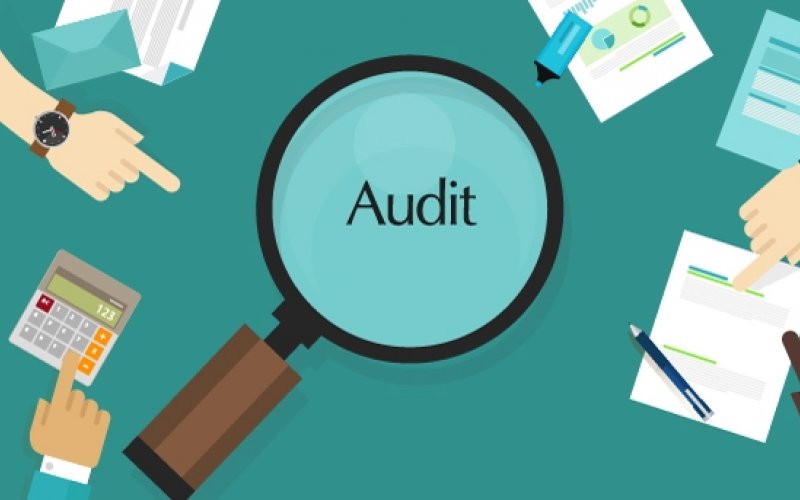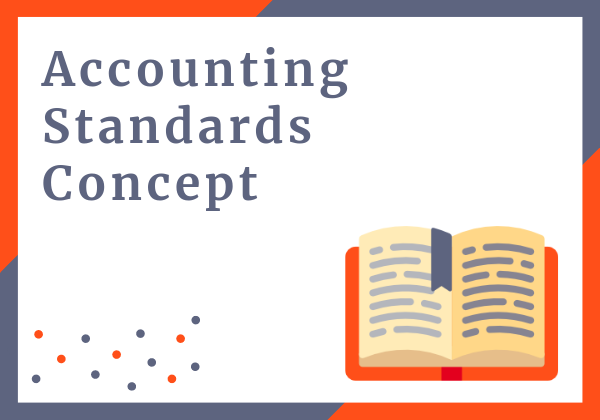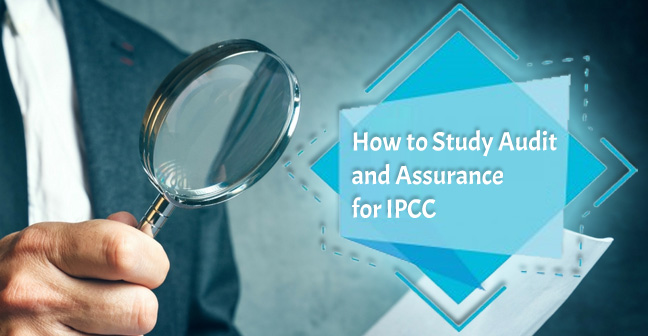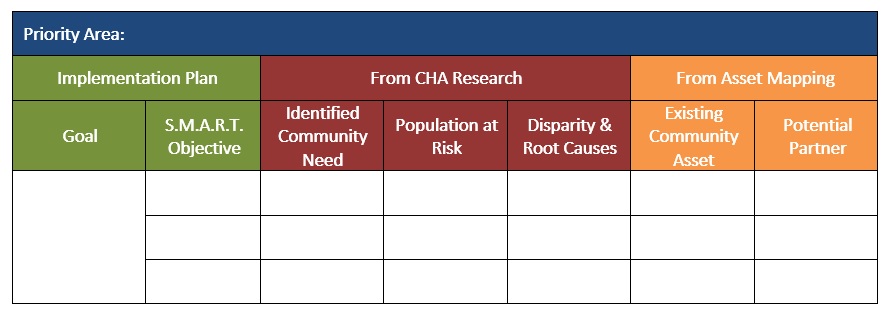Apart from publicly-traded companies, small, privately-owned enterprises also need to go through financial audits to establish their financial status and asses profits and losses. But the question arises what accurately a financial audit is? Let us understand its complete meaning in depth.
What Is a Financial Audit?
An audit is basically about reviewing an organization’s financial statements and other related documents to assess their financial standing in the industry. It is generally conducted annually, with the aim to calculate the company’s financial health with the use of accounting practices, and other financial details. The aim of going through a financial audit is simple. It is to specify whether the company has maintained proper books of accounts throughout the year or not, as well as to analyze the richness of profits that were churned throughout the year.
An audit is basically about reviewing an organization’s financial statements and other related documents to assess their financial standing in the industry. It is generally conducted annually, with the aim to calculate the company’s financial health with the use of accounting practices, and other financial details. The aim of going through a financial audit is simple. It is to specify whether the company has maintained proper books of accounts throughout the year or not, as well as to analyze the richness of profits that were churned throughout the year.
The auditing firm’s opinion should be convincing enough for the stakeholders to make good profits. Many a time, stakeholders are keen to know the financial position of your company. In such cases, a successful financial audit comes to use. Besides this, financial audits are also used to ensure company compliance with regulatory policies and laws against potential frauds. The very rule that you should know as an entrepreneur is that auditors should never have a stake in your company. For the very purpose, many companies conduct their annual audits via an independent audit firm, and not the employees of the company.
There are two kinds of financial audits, namely an internal financial audit and an external financial audit. The latter is mainly used to assess the company’s financial statements and hold the trust factor high of the external stakeholders. In the case of internal audits, they can be conducted by the management of the company. Internal audits help in business growth, branding, employee work culture, and other workflow management methods. Frequent internal audits are great as they signify a robust internal control that projects the integrity, authenticity, and objectivity of your company as a whole.
Let us seek the guidance of 9 different steps that will help in conducting a successful financial audit.
Step 1: Plan Your Audit

Image Credits : workiva
The most common issue why professionals stress so much about financial audits is because they fail to plan it. Planning is always helpful as it sets the expectations and actions related to it straight, thereby reduces unnecessary frustration and worry. You can lookout for an expert to do the planning of audit so you can focus on other essential tasks. Audit planning or execution is a time-taking process; therefore, you must assign it to someone who can engage solely in the process. To cut down on extra stress related to the annual audit, it is best to keep schedules and reconciliations updated from time-to-time throughout the year. Many successful companies designate a member of their finance team to have open communication with the auditors throughout the year rather than piling on the year-end issues.
Step 2: Grasp from Your Past Audits

Image Credits : lifars
One of the easiest ways to have a successful financial audit is to grasp and learn from your past mistakes. Seek analysis of your past struggles and adjustments made on the internal and external types of audits. Once you have made an analysis of the past mistakes, prepare a plan that ensures those issues don’t recur. Grasping from your past audits will also benefit you while discussing areas of improvement with your auditors during meetings.
Step 3: Stay Updated of Accounting Standards

Image Credits : saralaaccounts
For any successful business move, you must stay updated. In the case of financial audits, you must stay updated on the latest accounting standards and procedures. If you lack the latest information, then you may lead to severe issues during the financial audits. Sometimes the changes are minor, while others may need considerable time and information to make the needed changes.
Step 4: Study the Audit Regulations Well!

Image Credits : vsijaipur
The financial standards, regulation, audit requirements can change depending on the nature of your business activities. It is essential to study the audit implications to avoid any confusion. You may have launched a new agenda or discontinued an existing product or service that could increase or decrease obligations. Therefore, for a smooth audit session, one must be well-acquainted with the current accounting considerations.
Step 5: Know the Company’s Tax Records

Image Credits : 1stformationsblog
Analyzing the company’s official tax returns and records is one the most vital step. Tax records must be maintained for the minimum last seven years. You can take back your company’s tax receipts from the IRS and use it to reconcile any discrepancies if it exists in your tax records like an amount paid in taxes or any liabilities.
Step 6: Organize your Company’s Data

Image Credits : sparkpost
A secured way should be arranged to store the records of audit data from the past years. By classifying the data in several groups, you can most benefit from expenses, payables, cash, fixed assets, receivables, revenue, debts, investments, etc.
You can also compare the internal records of income and expenses against the external records. But, you must ensure to secure the paper works and schedules as they carry sensitive information. You can secure these through password-protected solutions.
Step 7: Designate Roles and Set Timelines

Image Credits : healthycommunities
Usually, auditors ask for financial information that is unclear at the company’s end. In such a case of ambiguity, ask for clarification before the audit to prevent delays or additional fees. You must obtain sufficient details for the preparation of the financial audit. This may include accounting estimates like the depreciation method used, contingencies, commitments, transactions, and other statement related aspects.
Once you have mapped out what is exactly needed by the auditors, you can easily designate roles to the people and set timelines to complete.
Always allow enough time for employees to review and rectify any errors they may identify. If possible, begin with the trickiest, time-consuming, and complicated data.
Step 8: Be Present on the Audit Day

Image Credits : uhy-prostor
Even when you have already presented all the required information to the auditors, you must still be present in person on the day of the audit. At times, auditors may need supporting documents or any specific information in the financial statements, and you must be available to support it with relevant answers. Therefore, for annual financial audit and tracking its progress, being present becomes an unsaid rule.
Step 9: Evaluation is Important

Image Credits : elearningindustry
The audit report is essential as it evaluates the present status of your company. Call for a meeting with the auditor and board of directors and the finance committee to assess the final report and evaluate the strengths and weaknesses. This is generally called a post-audit meeting, which is very essential for evaluation purposes as well as for the coming year’s schedule.
Concluding Note:
No company can escape the financial audit as it summarized the entire year’s business and established the steps for the next financial year. You need to take sufficient time to prepare for the annual audit and analyze data to eradicate past mistakes. Also, staying updated is the key to a successful financial audit. These guidelines will educate you for a smooth audit and inculcate a habit of being on the top in the game of a successful entrepreneur.




